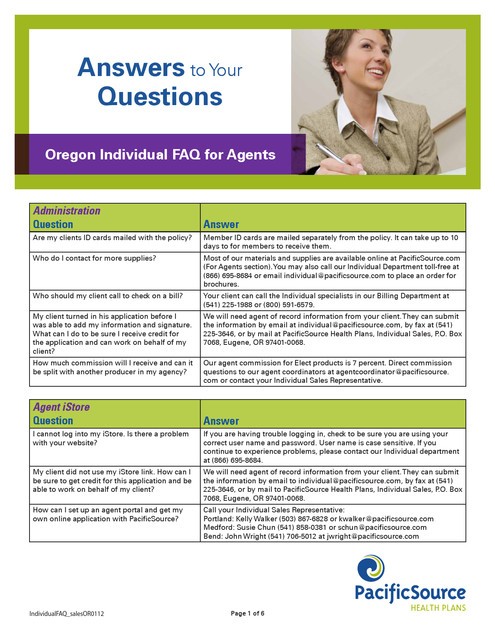Indv FAQ
Post on: 7 Июль, 2015 No Comment

This list of FAQs provides individual investors a general overview of the SGS market. For more information on investment in SGS, you may want to consult your investment adviser or any of the SGS primary dealers.
5. When are SGS issued?
6. How are SGS issued?
7. What role do Primary Dealer banks play in an SGS auction?
8. What is the difference between competitive and non-competitive bids in SGS auctions?
9. How are coupon rates for SGS bonds and discount rates for T-Bills determined during an auction?
11. What affects SGS prices?
Purchasing and selling SGS
13. What is the minimum investment amount for SGS?
14. Can my CPF funds be used to buy SGS?
15. Can non-residents buy SGS?
16. Are capital gains and interest from SGS taxable for individual investors?
17. Where can I purchase SGS?
18. How do I differentiate between the different T-Bill tenors?
19. How do I make/receive payments for my SGS transactions and receive interest/principal payments?
20. What are the specific features of the coupon payments?
21. Can I sell my SGS before maturity?
22. Where can I obtain daily and historical SGS prices?

23. Are there any fees for individual investors custodising SGS with CDP? How will I be paid the coupon and principal repayments?
Calculating returns on SGS investments
1. What Are Singapore Government Securities (SGS)?
Singapore Government Securities (SGS) are marketable debt instruments of the Government of Singapore. These debt instruments take the form of either Treasury bills (T-bills) or bonds, and are considered safe investments, as they are backed by the full faith and credit of the Singapore Government. The terms of issuance for T-bills and bonds are governed by the Local Treasury Bills Act and the Government Securities Act respectively.
The Singapore Government is obliged to pay the holders of SGS a fixed sum of money on the maturity date of the securities. SGS cannot be cashed in before their maturity dates, but investors can always sell them in the SGS market. SGS Primary Dealers are prepared to buy and sell SGS at any time during normal market trading hours.
As the fiscal agent of the Government, the Monetary Authority of Singapore (MAS) acts to undertake the issue and management of SGS on its behalf.
2. What Are The Types Of SGS?
SGS bonds are longer-term debt securities, which pay a fixed rate of interest (called the coupon) every six months for the life of the securities and then their face (par) values upon redemption on maturity. They are not issued at a discount unlike T-bills, and have typical maturities of 2, 5, 10, 15, 20 and 30 years.
The most recently issued SGS bonds in each of these tenors are typically known as the benchmark securities and tend to be more actively traded. Older and more seasoned SGS bonds become off-the-run issues and tend to be less actively traded. SGS bonds are also denominated in nominal values of S$1,000 and traded on a price basis expressed in terms of S$100 principal.
Summary Table on SGS














